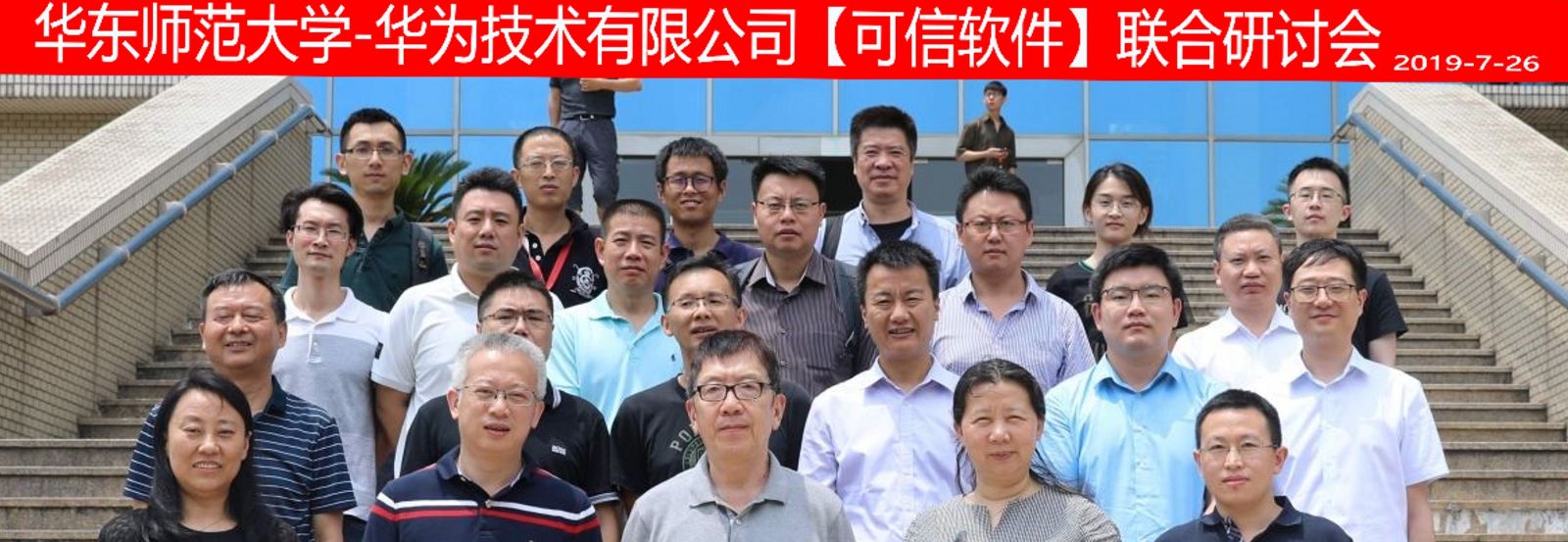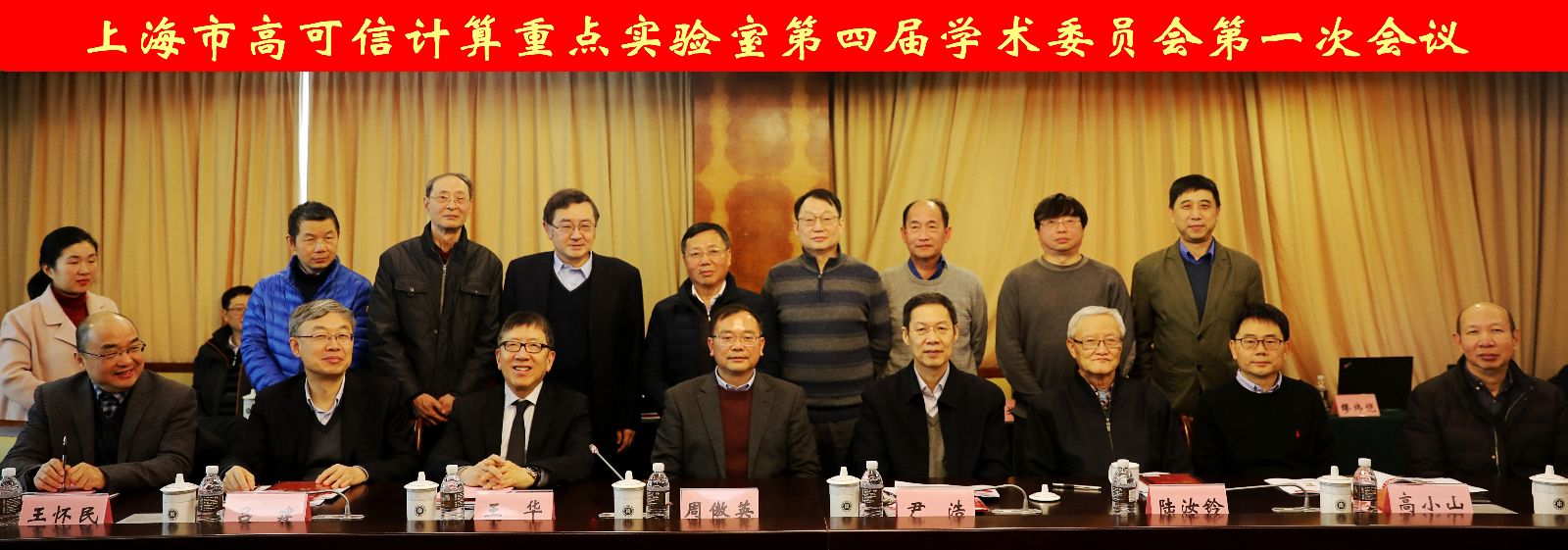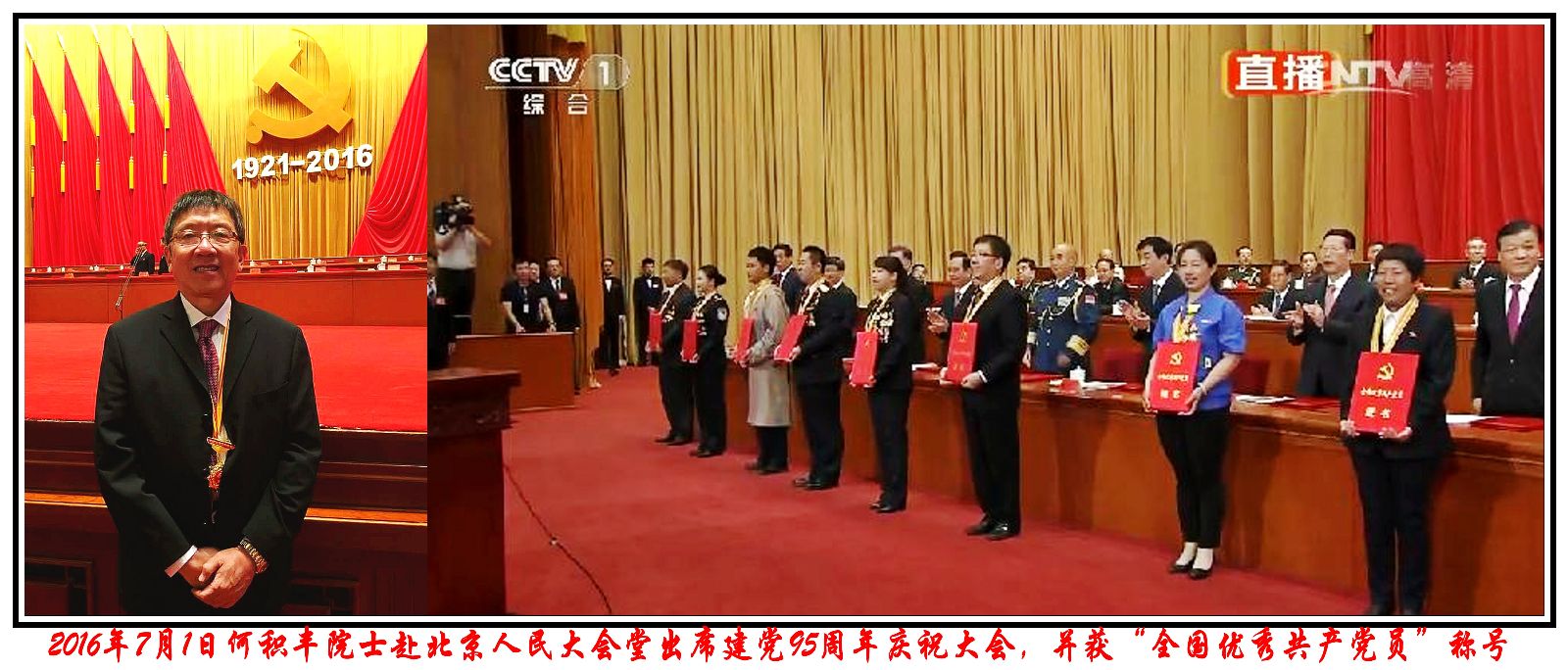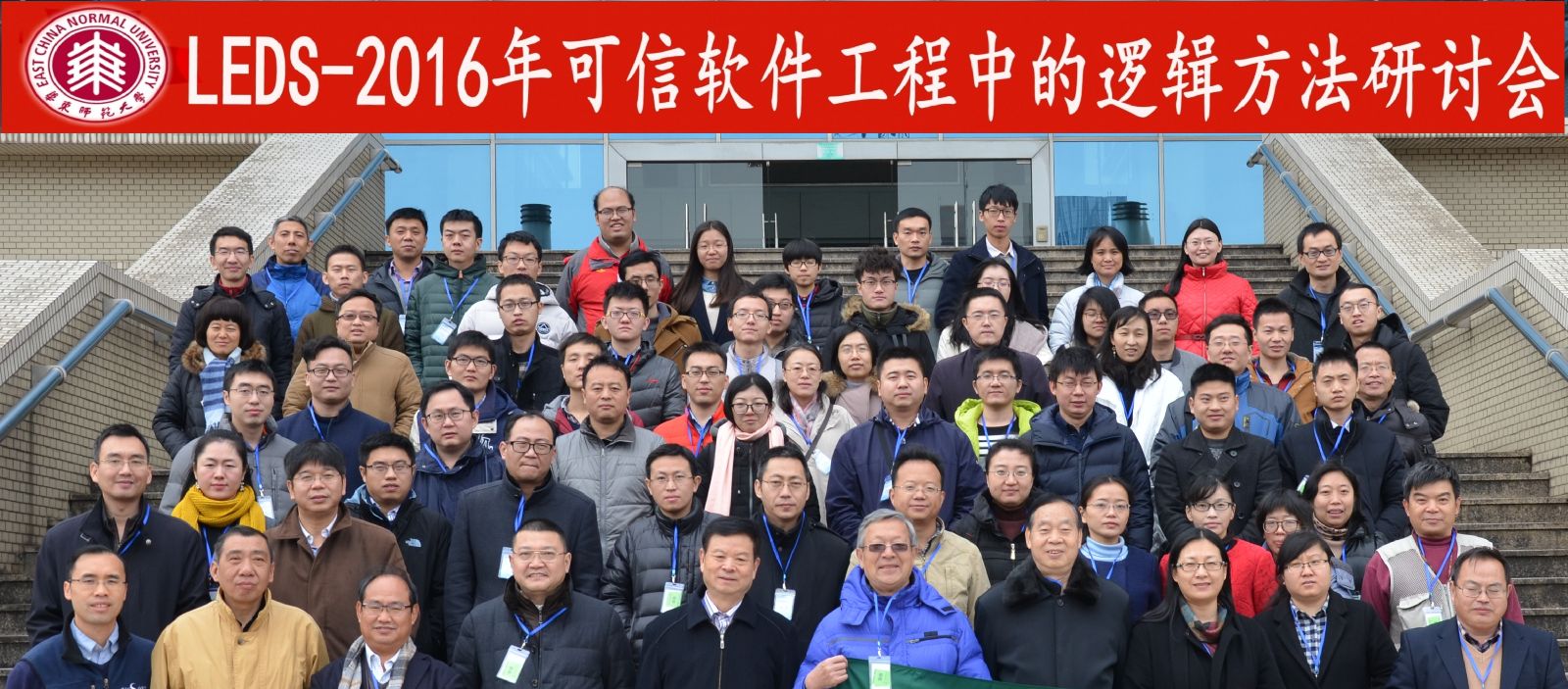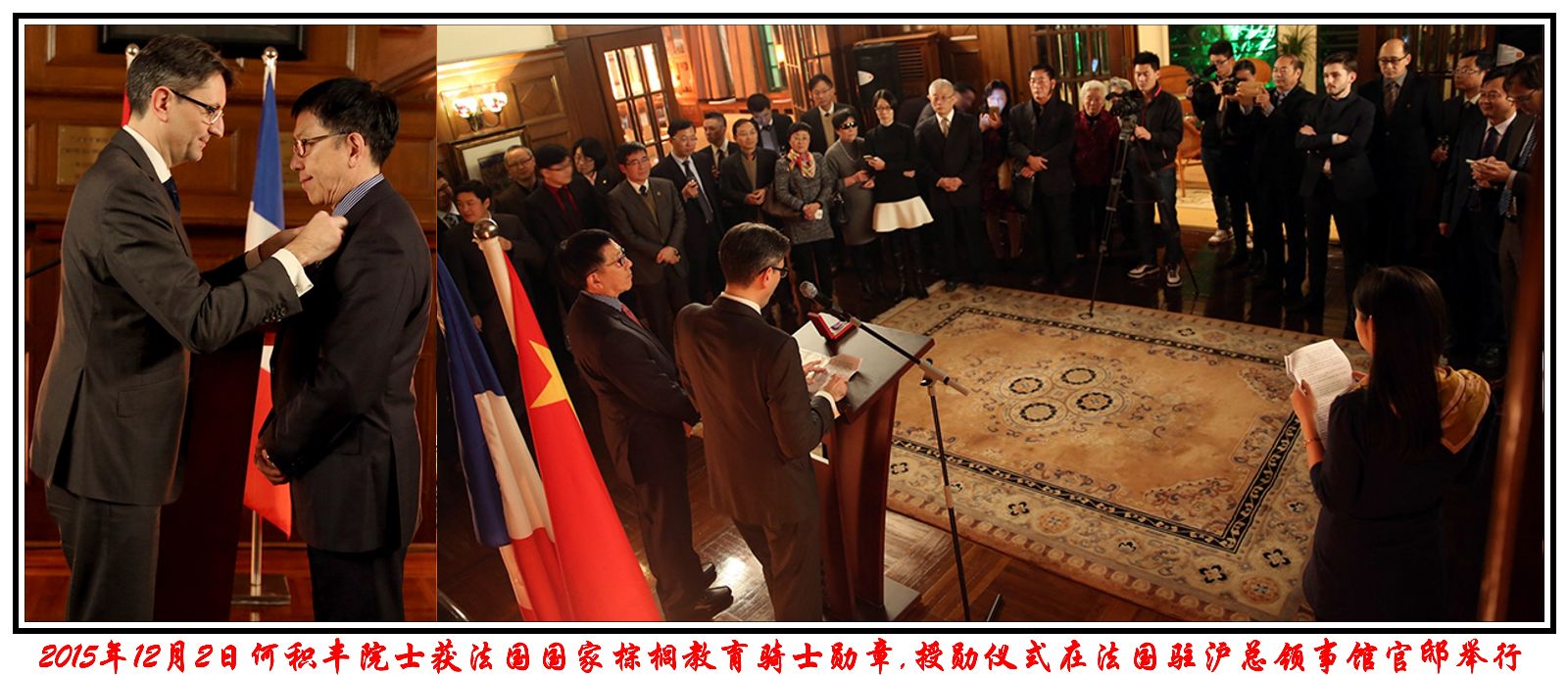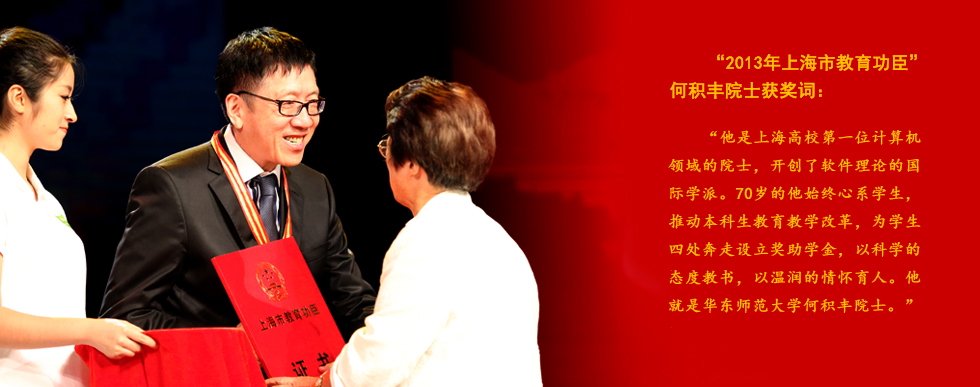Security Evaluation of Post-Quantum Cryptography
报告题目:Security Evaluation of Post-Quantum Cryptography
报告人:Prof. Tsuyoshi Takagi
主持人:曹珍富 教授
报告时间:9月22日15:00—16:30
报告地点:中北校区数学馆201
报告摘要:
The security of public-key cryptography is based on the hardness of some mathematical problems such as the integer factorization problem (IFP), the discrete logarithm problem (DLP). However, in 1994 Shor proposed a quantum polynomial time algorithm for solving the IFP and DLP, and thus the widely used public-key cryptography (RSA cryptosystem or elliptic curve cryptography) becomes vulnerable eventually.In this talk, we first give an overview of the recent research on the post-quantum cryptography (PQC), which is still secure in the era of quantum computer. The security of PQC is based on some mathematical problems such as the shortest vector problem (SVP) over lattices. Currently the most efficient algorithms for solving the SVP in the random lattices of large dimensions are perhaps the BKZ algorithm and its modifications. In this talk we then discuss how to accelerate the speed of the progressive BKZ by optimizing the underlying parameters. Using our improved progressive BKZ we have solved the ideal lattice challenge from TU Darmstadt in 2^20.7 and 2^24.0 seconds on a standard PC for 600 and 650 dimensions, respectively.
报告人简介:
Tsuyoshi Takagi received the B.Sc. and M.Sc. degrees in mathematics from Nagoya University in 1993 and 1995, respectively. He had engaged in the research on network security at NTT Laboratories from 1995 to 2001. He received the PhD from Technical University of Darmstadt in 2001. He was an Assistant Professor in the Department of Computer Science at Technical University of Darmstadt until 2005. He is currently a Professor in the Institute of Mathematics for Industry at Kyushu University. His current research interests are information security and cryptography. He has received DOCOMO Mobile Science Award in 2013, IEICE Achievement Award in 2013, and JSPS Prize in 2014. Dr. Takagi is a Program Chair of the 7th International Conference on Post-Quantum Cryptography, PQCrypto 2106 and Program Co-Chairs of Asiacrpt 2016 and 2017.

